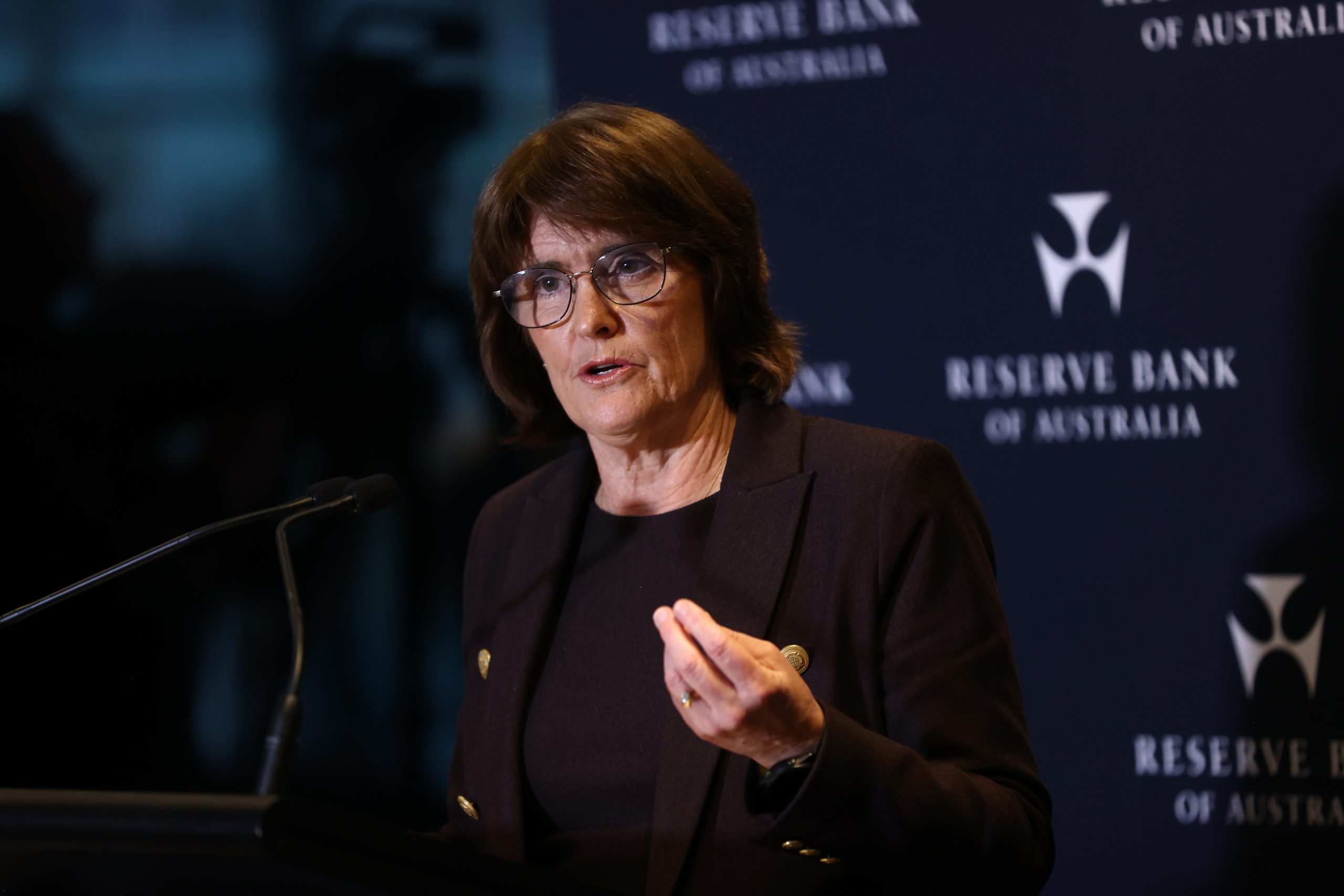Dengue fever outbreaks in the western Pacific and south-east Asia have prompted travel warnings for Australians, but experts are now saying the problem is likely to only get worse.
Cook Islands declared an outbreak of the potentially deadly disease recently, with the Ministry of Health’s latest June 6 update saying 19 cases had been recorded, of which two were active.
Cases are also on the rise in other countries including Samoa, Tonga, French Polynesia, Fiji and Kiribati.
READ MORE: Aussie IVF giant admits to another embryo bungle
Deaths have been reported in Fiji, Tonga and Samoa.
Director of The Pacific Community’s public health division, Dr Berlin Kafoa, said the risk of severe dengue was rising.
“Severe cases and fatalities are being reported, especially among youth,” he said.
“Dengue should not be dismissed as a mild illness, it can be life-threatening.”
READ MORE: China’s valuable card that puts Trump in a tough spot
He said an immunisation gap and the expansion of mosquito habitats due to climate change were factors that needed addressing.
“Dengue is no longer a seasonal or isolated threat in the Pacific; it is a regional health emergency shaped by climate, mobility and historical vulnerabilities,” he said.
Immunisation Advisory Centre medical advisor Dr Joan Ingram warned the escalating spread of the disease posed a threat to travellers as well.
READ MORE: Judge dismisses $400m defamation suit against Blake Lively and Ryan Reynolds
“Estimates are that around six in 1000 travellers spending a month in a risk area become unwell with dengue, with up to 30 per cent of them being hospitalised,” she said.
Travellers also risk bringing the disease to their home country.
World Mosquito Program (WPM) senior director of field entomology Dr Gregor Devine said current responses to dengue outbreaks, such as insecticides and clean-up campaigns, only had a limited impact.
READ MORE: About 700 Marines being mobilised in response to LA protests
And effective vaccines, he said, were “years away” from being universally affordable and available, while the trend in dengue cases was tracking “relentlessly upwards”.
But the not-for-profit WMP, he said, had great success with the Wolbachia treatment, which involves infecting mosquitoes with a bacteria that blocks the transmission of the disease.
“Following six years of Wolbachia mosquito releases in New Caledonia, the project has been hailed a monumental success, and the French territory hasn’t had a dengue epidemic since 2019,” Devine said.
“This year, releases will continue in Kiribati, and be adopted in Timor-Leste.”
Dr Ingram also said the Wolbachia trials showed “promising results”, while vaccine research continued.
Australians looking to travel to a Pacific country or other dengue-affected areas such as South-East Asia and South America, are urged to stay up to date on advice from Smartraveller.
And find out more about dengue fever at Health Direct.
DOWNLOAD THE 9NEWS APP: Stay across all the latest in breaking news, sport, politics and the weather via our news app and get notifications sent straight to your smartphone. Available on the Apple App Store and Google Play.
